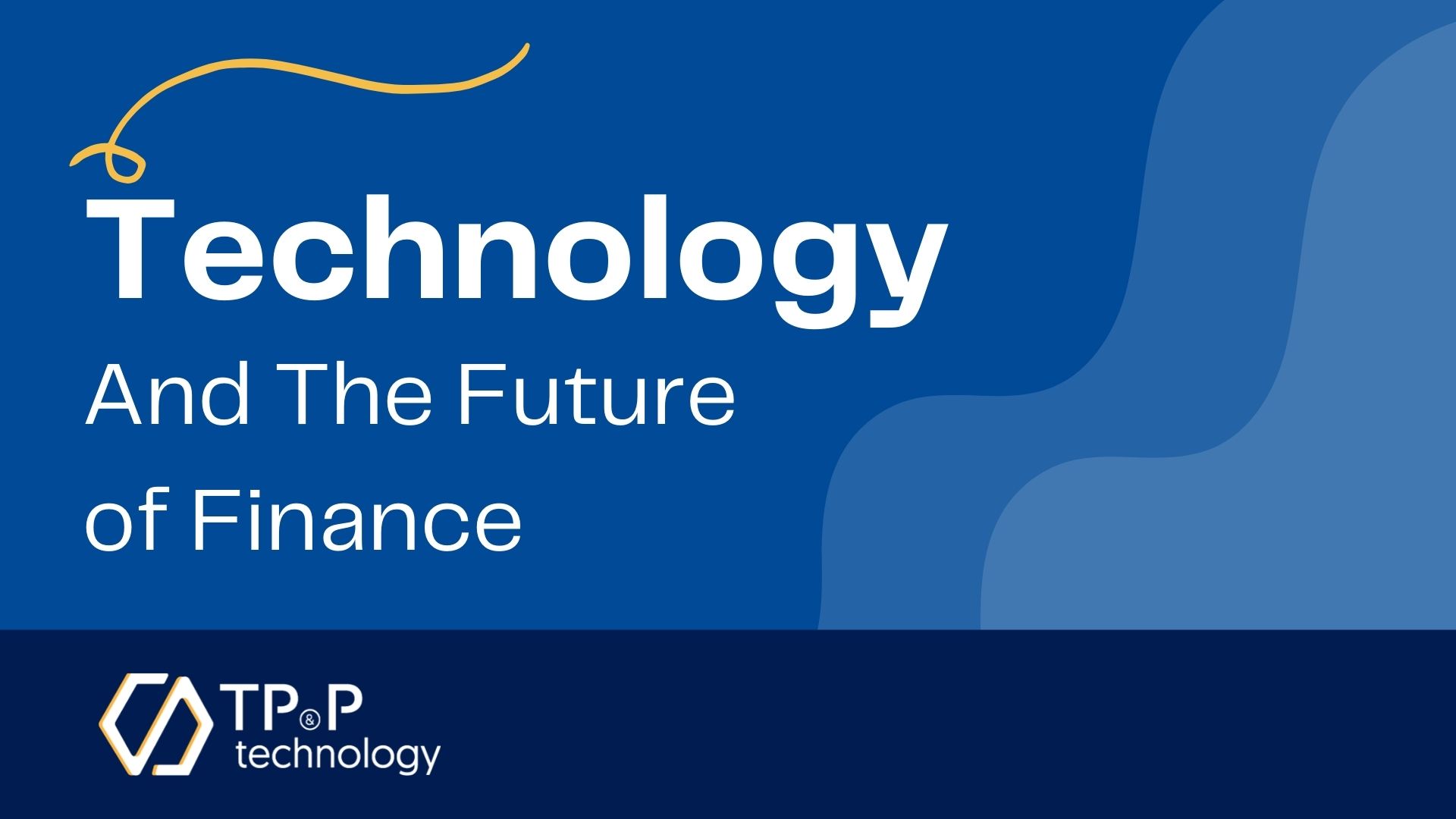
Technology and The Future of Finance
Technology and the finance industry have always been evolving hand in hand, especially today where a large number of financial transactions are being carried out on mobile phones - with many supercomputers are being deployed to process those transactions as well as build complex financial models.
People can now apply for a bank account, loan, purchase stocks, or pay for shopping items directly through their mobile phones - enable convenience, instant access, and security.
Not only technology can help increase people’s access to finance, but it has also significantly changed, or even disrupt, the financial systems around the world. The impact of technology on the finance industry is expected to continue strongly, now and in the coming years.
In this article, let’s explore some of the key trends which may shape the future of finance:
RPA (Robotic Process Automation)
Already, many banks and financial firms have already adopted RPA (robotic process automation) to automate various rule-based repetitive activities to free up employees’ time, focusing on other more important tasks. For example, processes such as customer onboarding, data entry and analysis, and reporting, etc. can be fully or partly automated with minimal human supervision.
Moving forward, RPA will continue to impact the BFSI sector, enable financial firms to streamline business processes, and become more resilient.
The adoption of RPA should not be considered as a replacement of human jobs, but more like an opportunity for humans and machines to work together, increasing productivity as well as a competitive advantage. When the majority of basic administrative, repetitive tasks are taken care of, people will have more free time to focus on more complex, value-added tasks.
Open banking
Traditionally, banks and financial institutions usually securely keep their customers’ data private as a market advantage. Today, the open banking concept is changing the way banks and financial institutions engage with their customers, allowing customers to access their private data as they wish, due to the increase in legislation and data regulations. With open banking, banks must share customers’ data with a third party(s) (largely via Open API & Real-Time Payment) as customers request.
Open banking can be considered among the most disruptive events in the history of banking and finance in recent years. It changed the way banks do business with their customers as well as how fintech companies compete with one another.

Security
Financial services have evolved from in-person to remote, virtual interactions. And the rise of fintech also introduced new fraudulent activities, data breaches, and cyberattacks - making security a major concern for all the financial firms and banks to deal with.
To effectively prevent these security risks, for both consumers and financial organizations, there is an increasing focus on the education of cybersecurity risks awareness for both employees (and even end-users) to detect phishing, and attacks attempts, avoid vulnerabilities. Other important measures such as business continuity plan, systems updates, and back-ups, etc. should also be enforced. On the consumer end, other methods such as 2FA, and biometrics solutions are also used to achieve a high level of security and protection.
Regtech
The advancement of technology and fintech have introduced new complications in regard to the operations of financial firms. Nowadays, people can register an account and start trading stock as well as other financial assets such as crypto-currency on their phones, an end-to-end process that only takes minutes to complete. As a result, financial firms and banks would have quite a number of new regulations they have to comply with, in each country where they operate.
Regtech leverages advanced technologies such as Cloud Computing, Big Data, and Machine Learning - aim to provide solutions that could help organizations monitoring online transactions taking place in real-time, to detect potential issues or irregularities in the digital payment landscape. Any anomaly is reported to the financial organizations for analysis and to determine whether fraud is taking place, minimize the loss of funds and risks associated.
Regtech solutions generally involve regulatory monitoring, reporting, and compliance. The ultimate aim of regtech is to support businesses to comply with regulations in a cost-effective way and efficient.
Cryptocurrency adoption
Far from the initial days when cryptocurrencies were on the fringes, 2020 saw increasing adoption among mainstream financial services companies. For instance, in November, PayPal announced it would begin allowing all U.S.-based users to buy, hold and sell cryptocurrencies on its platform.
The year 2021 witnessed the powerful rising streak of crypto-currencies, with mainstream companies, adopt Bitcoin as an official payment method. Specifically, the blockchain technology behind cryptocurrencies can be applied to help solve business challenges faced by banks.
Read more about: The Benefits of Blockchain Technology Across Business Industries.
Mobile payments
As mentioned before, a large number of financial transactions are taking place via mobile these days. Cash payments are still here, but mobile transacting is gradually replacing - from small start-ups to tech titans like Apple and Google, all are investing significantly to capture the mobile payment market.
Mobile payments transactions are typically processed faster than traditional credit card swiping and more securely as customers do not have to take out their cards, potentially revealing sensitive information. The most common types of mobile payment include NFC mobile payment, QR code, and magnetic secure transmission payment.



